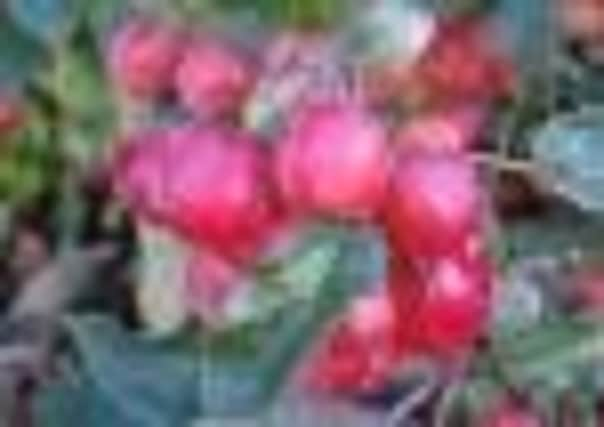Hedging your bets


Then plant a hedge.
Millions of people already have, but there is always room for more, and particularly hedges made of native shrubs which, although they’re a bit more free-spirited and rangy than the likes of short-back-and-sided privet and (whisper it) leylandii, are ideal for not only providing a physical barrier but also a habitat for wildlife.
These plants don’t want to be kept close-cropped and in line like a platoon of infantry; they want to be allowed a little freedom to grow slightly wild. So if you’re not a great fan of shears and trimmers, consider the likes of the common hawthorn, Crataegus monogyna, once the staple hedging plant of the English countryside.
Advertisement
Hide AdAdvertisement
Hide AdIt grows reasonably quickly, is tough, doesn’t mind a bit of pruning, provides valuable shelter to birds and insects and produces plenty of food in the form of nutritious berries.
It combines well with another native, the blackthorn, Prunus spinosa. It flowers early, which is a godsend for insects needing a fix of nectar. The birds usually wait until late autumn before they make a meal of the sloes (berries), and all the while, the almost-impenetrable branches offer protection for a host of wildlife.
Holly (Ilex aquifolium) offers similar sanctuary, plus, if it’s a female shrub, berries, while a crab apple (Malus sylvestris) brings another bounty with its fruit, particularly if it’s not hard-pruned regularly. It’s also an ideal home for many insects – which encourages many birds to visit for a high-protein meal.
And if that’s not enough, plant a yew (Taxus baccata). The fruits and foliage may be poisonous to mammals, but birds will eat the berries and the thick foliage offers the perfect hideout for many birds and insects.
Advertisement
Hide AdAdvertisement
Hide AdThere are many more plants you can add if you have the space and the soil conditions are favourable, but even if there’s not room for a full-blown, full-grown hedge, planting the odd specimen shrub can make a world of difference to your garden. It’s akin to laying a table, filling it with fine food and inviting everyone in for a free feast.